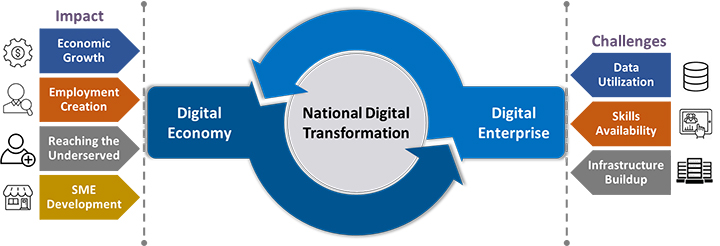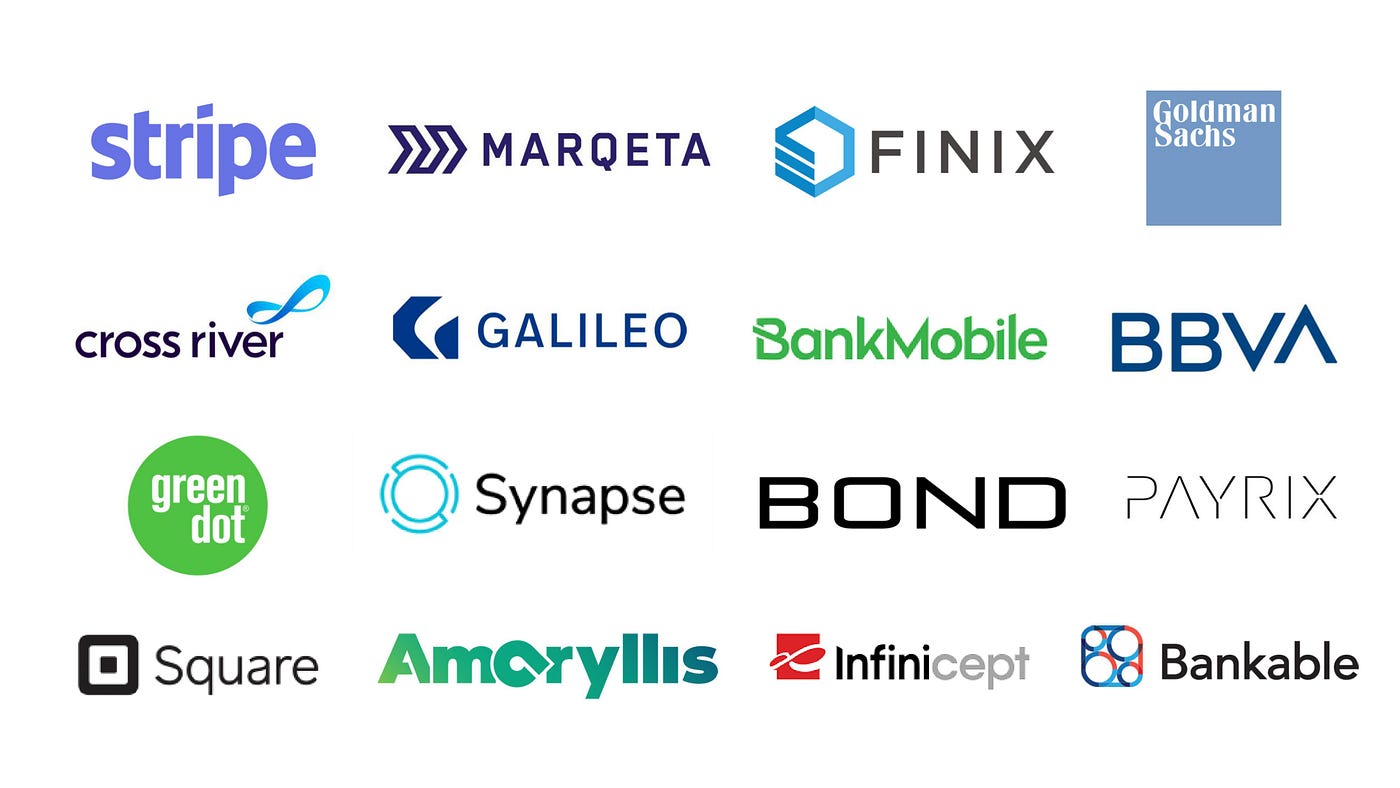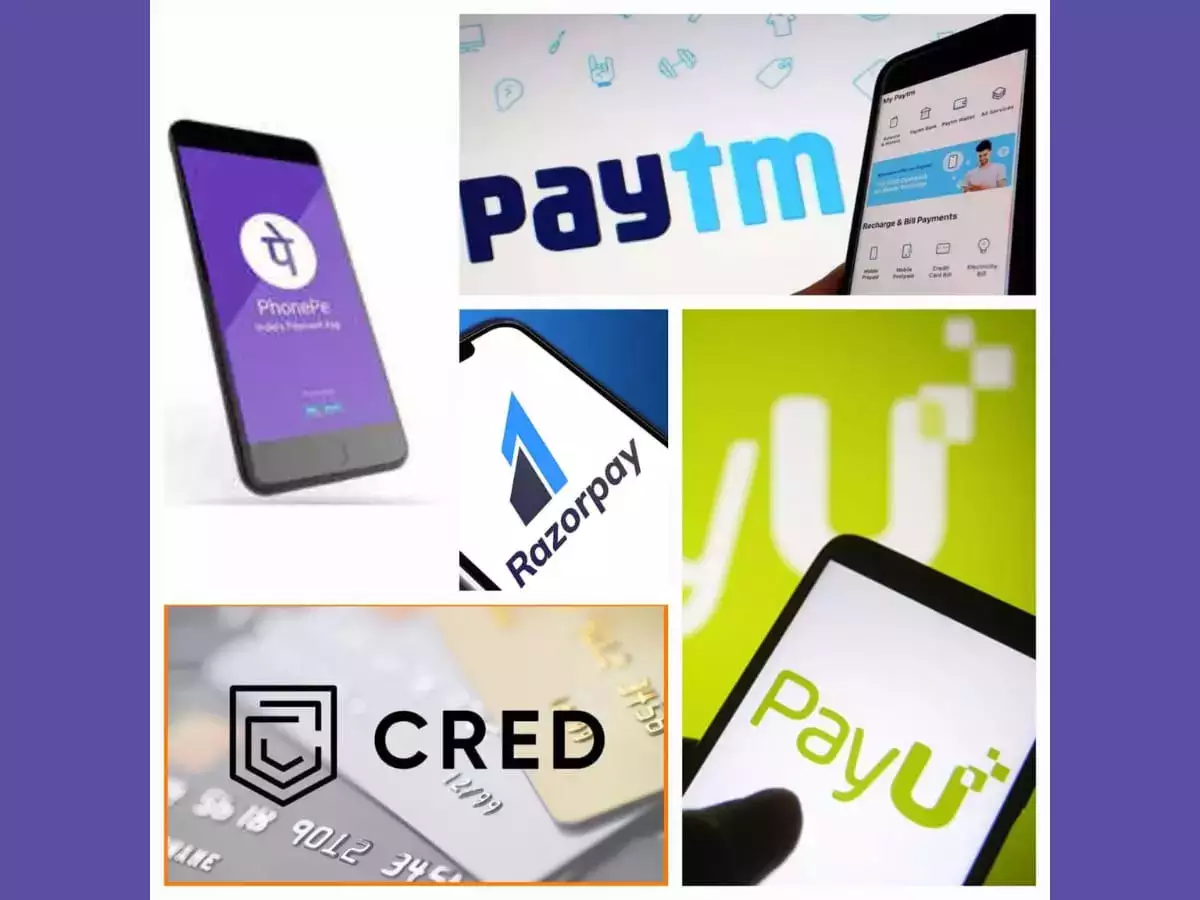How to choose a fintech payment platform matters, whether you’re a startup or an established business. The right choice can boost your sales and customer satisfaction. The wrong one can drain your revenue and drive away customers. Let’s dive deep into the crucial factors you need to weigh before making your decision. We’ll start by understanding the digital payment services landscape, evaluating what your business truly needs, and how transaction fees impact your bottom line. I’ll guide you through every step with clear insights and practical advice so you can choose with confidence. Get ready to make a savvy decision that could redefine the way you do business!
Understanding the Landscape of Digital Payment Services
Evaluating Your Business Needs for Online Payments
When you’re choosing a payment processor, start by looking at your own needs. Ask yourself: What am I selling? Who am I selling to? Are my customers local or global? Your answers guide your choice.
For example, if you sell crafts online, you might need a simple payment gateway that accepts credit cards and PayPal. But if you have a subscription service, look for a platform that handles recurring payments well.
You should also look at online payment system features you need. Things like easy checkout for customers, and quick payment for you, are key. Features matter because they can make or break the sale. Remember, the easier the process, the happier the customer.
The Role of Transaction Fees in Your Revenue Model
Now, let’s talk money—specifically, transaction fees. Every payment platform will take a slice of your sale. The rate varies, but it’s often a percentage of the sale plus a small fixed fee.
When you’re looking at fees, think about your prices. If you sell low-cost items, high transaction fees can eat into your profits. It’s all about finding that sweet spot where the fees don’t scare you away, but you still get great service.
Low fees are great, but they often come with trade-offs. You might have lower security or customer service. Higher fees could mean better security and more features. It’s a balancing act.
Remember, you’re not just paying for the ability to take money. You’re also paying for payment security standards. This means keeping customer data safe, which is huge.
To sum up, choosing digital payment services is a big deal. You have to evaluate your business needs and how transaction fees will fit into your revenue model. Low fees are tempting, but not if they mean less security.
Selecting the right platform is not just about payments. It’s about creating trust with your customers, and growing your business in a smart way. Keep these points in check, and you will be setting up for success.
Balancing User Experience with Payment Security Standards
Prioritizing Seamless Checkout Features
When picking a payment platform, think about your customers first. They want fast, easy checkouts. You must offer simple ways for them to pay. Each extra step could mean lost sales. So, use payment gateways with easy, clear layouts. Look for features like one-click buying and saved payment info. These make buying quick and stress-free.
Mobile payments matter too. More people shop on phones now. Pick gateways that work well on all devices. This doesn’t mean forgetting about safety. We’ll touch on that next. But good user experience means a mix of speed, ease, and not making customers think too hard.
Ensuring Compliance and Security with PCI Standards
Now, let’s talk safety. Payment security is huge. You must protect customer data. This starts with PCI compliance. It’s a set of rules to keep payment data safe. When checking out fintech options, ask this first: “Is this platform PCI compliant?” If not, move on.
Using a PCI compliant platform means you are less likely to have data stolen. It also builds trust. Customers feel safe. They are more likely to buy when they know their info is secure.
Adding layers of security can help too. Look for platforms with things like tokenization. This hides real card numbers with random codes. If a hacker gets in, they won’t find usable card info.
Also, mind where your customers are from. If you sell to folks in Europe, you need to follow GDPR. It’s a law that says how you can use personal data. Your payment platform should help you follow this.
In short, selecting a payment platform needs careful thought. You want one that’s easy for customers but also very safe. It’s a balance, but get it right, and everyone wins.
Navigating the World of Fintech Payment Solutions
Comparing Mobile and Digital Wallet Capabilities
When it comes to selecting digital payment services, think of options like mobile and digital wallets. Ask: “What do these wallets offer?” They provide easy ways to pay with a phone or online. They store card details safely, making buying quick and smooth. The best wallets work on many devices and places.
Some people want to know, “How safe are digital wallets?” They are very safe. They use top-level payment security standards to protect money and personal info. Big names in the market have solid security that makes shopping online worry-free.
What makes a good wallet stand out?
- It should work fast on any smartphone or tablet.
- It should make paying as simple as tapping a button.
- It should keep your card info hidden to stop theft.
To find the best payment gateway, list what you need and match it with the wallet’s features. Look for reviews on payment platform reviews to see what others think. Low transaction fees and great user experience in payments are key.
Integrating Cross-border and Multi-currency Transactions
When your shop sells to other countries, cross-border payment processing is vital. Ask: “Does this platform handle many kinds of money?” Yes, the best ones let you take payments from anywhere, in any currency. This is what we call multi-currency support.
But why is this important? Well, customers like prices in their own money. It makes them feel at home in your store. It also avoids extra bank fees for them. For you, it means reaching more buyers worldwide.
API integrations in fintech are tools that let your site connect to the payment system. With these, you can make your store work well with the payment platform. This means sales can happen in real-time payments, without waiting.
Now, for multi-currency and cross-border trades, check these things:
- Does the platform convert money at fair rates?
- Are transaction fees for different currencies low?
- Can it hold many currencies at once?
And think about laws for different places. Fintech regulatory compliance means you follow the rules of countries you sell to. Good platforms help with this, keeping things legal and smooth.
Remember, good customer support in fintech is key. Problems can show up anytime, so having help ready is a must. Also, payment reporting tools are a big help. They let you track sales and see how your global business is doing.
Choosing the right fintech payment platform is a big step for your online shop. It impacts how well you sell, how happy your customers are, and how far your business can reach. Get to know your choices well. Look for the features that matter to you. Always go for ones that make payments simple, speedy, and secure for everyone, no matter where they are in the world.
Implementing and Managing Your Fintech Platform
Strategies for Effective Fraud Prevention and Chargeback Management
Choosing a fintech platform means looking out for your money’s safety. You want a service that fights fraud like a superhero. This means having strong controls to spot and stop bad guys. It’s like having a doorman who knows who to let in and who to send away.
So, how do platforms keep you safe? They watch for weird actions that don’t look right. Like if someone buys a bunch of stuff at 3 AM. Maybe that’s okay, maybe it’s not. The platform digs deeper to find out. When things go wrong, there’s the mess of chargebacks. This happens when someone says, “Hey, I didn’t buy that!” and asks for their money back. It’s a pain, but good platforms will help you deal with it. They step in and handle all the gritty details. This lets you focus on making your customers happy.
Now, don’t forget about fees tied to these problems. If chargebacks get high, it can cost you a lot. Find a platform that cares about keeping those numbers down. Ask them, “What’s your plan to stop fraud and help with chargebacks?” Good platforms will have a clear answer. They should have tools to spot fake buyers and keep real customers happy.
All this talk about keeping money safe? It’s what builds trust with your customers. They’ll feel good knowing their card details are in good hands. Keeping everyone safe should be at the top of your list when picking a fintech platform.
Measuring Platform Performance and Scalability for Growth
Think of a fintech platform as a bridge. It should carry your business across rivers and canyons as it grows. The bridge needs to be strong, sure, but also wide enough for more cars as your traffic goes up. In fintech, this is called scalability. It’s about handling more business without a hitch.
Testing a platform’s strength means checking how it does when things get busy. Does it slow down? Does it crash? No one likes waiting, so speed is key. A slow platform can make customers leave, and that’s not good for business.
If your business stretches across borders, think global. This means your platform should deal with payments from far and wide. Look for a system that can keep up as you grow. Can they handle more currencies? What about payments from other countries?
Remember, growth means changes, and your platform should adapt. You might start with a few sales but grow to hundreds a day. Can your platform keep up without trouble? Check things like customer support, how the platform can change, and if they work with other tech you use.
In short, choose a platform that grows with you. Ask them, “Can you handle my business if it triples in size?” Their answer should excite you about what you can achieve together. A top-notch fintech platform ensures your focus remains on growing your business, not tech headaches. And that’s what turns today’s startups into tomorrow’s giants.
In our journey through the digital payment landscape, we dissected key components for businesses looking to thrive. Assessing what you need for online payments is vital. Remember, transaction fees play a big part in your profits.

We discussed the delicate dance between easy checkouts and tight security. Seamless user experiences can still be safe, thanks to PCI standards safeguarding your customers’ data.
Exploring fintech solutions, we looked at how mobile wallets and global transactions can broaden your market reach. Getting this right means more happy customers worldwide.
Lastly, we tackled setting up your fintech platform. With smart strategies against fraud and a focus on scalable performance, your business is set for success.
As an expert, I’ve seen companies flourish by nailing these elements. Get it right, and you’re on a clear path to a profitable, secure, and customer-friendly payment system. Keep learning, keep adapting, and watch your business grow.
Q&A :
What factors should I consider when selecting a fintech payment platform?
Choosing a fintech payment platform involves several important considerations to ensure it meets your business requirements:
- Security: Look for platforms with robust security measures such as SSL encryption, PCI DSS compliance, and fraud prevention tools.
- Payment Options: Ensure the platform supports multiple payment methods, including credit/debit cards, e-wallets, and bank transfers.
- Fees and Pricing: Compare the transaction fees, setup fees, and any other associated costs.
- Integration and Scalability: Check whether the platform can be seamlessly integrated with your existing systems and if it can scale as your business grows.
- User Experience: A straightforward and smooth payment process is crucial for customer satisfaction.
- Customer Support: Reliable customer service is essential for resolving any payment issues swiftly.
How do compatibility and integrations affect my choice of a fintech payment platform?
Compatibility and integration capabilities are crucial when choosing a fintech payment platform because they affect:
- Ease of Implementation: Platforms that easily integrate with your current setup can save time and development costs.
- Operational Efficiency: Good integration can streamline processes and reduce the need for manual intervention.
- Customer Experience: Seamless compatibility can lead to a smoother checkout process for your customers.
- Future-proofing: Choosing a platform that can integrate with a wide range of services ensures it can adapt to future technology changes or business expansion.
Is it important to consider the transaction speed of a fintech payment platform?
Yes, transaction speed is an important criterion when evaluating fintech payment platforms as it impacts:
- Customer Satisfaction: Customers expect instant or near-instant payment processing.
- Cash Flow: Faster transaction speeds can improve cash flow by reducing the time it takes for funds to reach your account.
- Competitive Edge: In a market where speed is synonymous with service quality, fast transactions can be a significant advantage.
What should I know about the regulatory compliance of fintech payment platforms?
When choosing a fintech payment platform, understanding its regulatory compliance is vital as it affects:
- Legal Standing: Compliance with regulations such as the Payment Card Industry Data Security Standard (PCI DSS) is non-negotiable for legal operation.
- Customer Trust: Platforms that adhere to regulations are more trustworthy to customers, as they ensure data protection and privacy.
- Global Reach: Different regions have specific regulatory requirements; compliant platforms can facilitate cross-border payments without legal hassles.
Can customer support from a fintech payment platform affect my business operations?
Absolutely, customer support is a significant aspect of a fintech payment platform because:
- Issue Resolution: Quick and effective support can help resolve payment issues promptly, avoiding potential negative impact on sales and customer relationships.
- Technical Assistance: Access to expert support ensures that any technical challenges are addressed efficiently, minimizing downtime.
- Customer Trust: Knowing that support is readily available instills confidence in both the business and its customers that any payment-related concerns will be competently managed.


